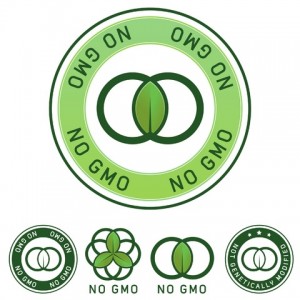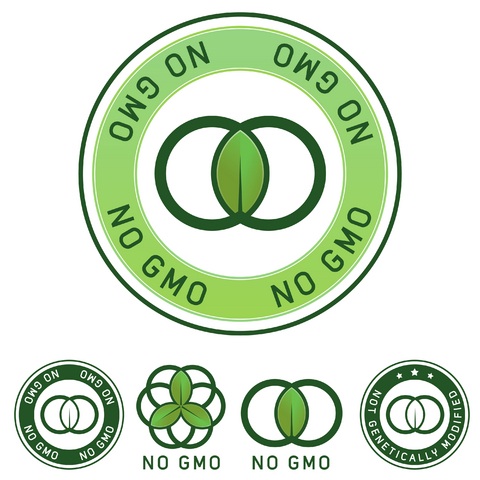
It is worth noting that South of the border an important proposition was recently defeated. Proposition 37 as it was named, was a vote given to residents of California, for mandatory labelling of genetically modified food products. Given the distance between here and California you may wonder, what is the relevance?
Since 1996, 81 genetically modified organisms have been approved for market in Canada, and there is currently no requirement on labelling.
GMOs (or “genetically modified organisms”) are organisms that have been created through the gene-splicing techniques of biotechnology (also called genetic engineering, or GE). This relatively new science allows DNA from one species to be injected into another species in a laboratory, creating combinations of plant, animal, bacteria, and viral genes that do not occur in nature or through traditional crossbreeding methods.
In order to understand both sides of the GMO argument it is important to consider that these organisms were first engineered to increase plant yields and reduce the use of insecticides. With the growing world population it is also key to consider the benefits of higher crop yields and plants that contain higher amounts of vitamins and minerals for use in third world countries. Genetically modified foods can be found worldwide, there are varying levels of acceptance ranging from approval, mandatory labelling, to complete ban on foods.
Some of the inherent dangers of GMO foods include exploring the long term effects these foods are having on the individuals consuming them. Over the past few years GMOs have come under fire due to negative research. These studies have linked consumption of GMOs to increase in food allergies, sterility, organ and digestive system damage.
With wheat and apples up next for introduction as Canada’s next GMO foods, long term studies will help to contribute to learning more about GMO affects on health. Until then perhaps knowledge can be considered as power, mandatory labelling would allow consumers to make an informed choice. As consumers we can support campaigns that focus on mandatory labelling of GMO foods such as the NonGMO Project. Additional ways to avoid GMO foods include:
1. Choosing organic products, or ones that have been given the NonGMO symbol
2. Plant a garden at home using heritage seeds, not subjected to genetic modification
3. Drink lots of filtered water to help your body to continually detoxify
4. Eat locally grown foods that are GMO free
5. Choose pastured meats that are not fed GMO grains
 For the Silo, Ashley Beeton.
For the Silo, Ashley Beeton.
References:
1. Yum, H.Y., Lee, S.Y., Lee, K.E., Sohn, M.H., Kim, K.E. 2005. Genetically modified and wild soybeans: an immunologic comparison. Allergy and Asthma Proc 26, 210–6.
2. Verma, C., Nanda, S., Singh, R.K. 2011. A Review on Impacts of Genetically Modified Food on Human Health. The Open Nutraceuticals Journal, 4, 3-11
3. Health Canada. Frequently Asked Questions: Biotechnology and Genetically Modified Foods. http://www.hc-sc.gc.ca/fn-an/gmf-agm/index-eng.php. Accessed 3 December 2012.
Supplemental- Groups including organic fruit growers oppose Okanagan GMO apple.
Horticulturist Art Drysdale on Okanagan GMO fruits
